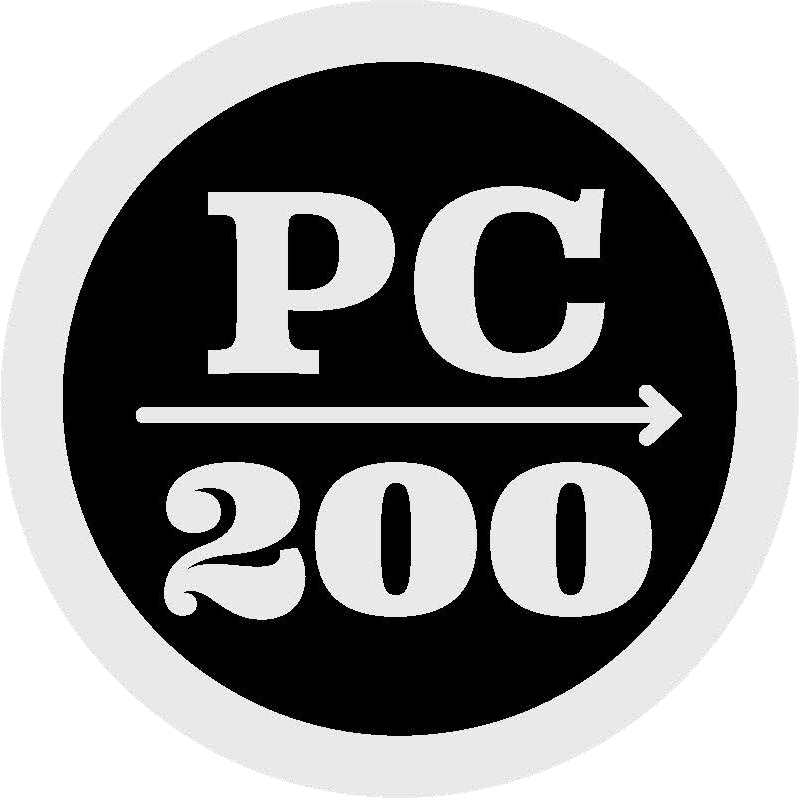Providence College (PC) is a Roman Catholic, liberal arts higher education institution located in Providence, Rhode Island. It is the only college or university in the United States founded by and conducted under the auspices of the Dominican Friars. Formally known as the Order of Preachers, the Dominicans were founded by the Spanish priest St. Dominic de Guzman in 1216.
In that one paragraph, PC unapologetically lays claim to what it is – a conduit of transformation through the pursuit of faith and reason, through academic excellence, through the embrace of all, and through the 800-year-old Dominican ideal of veritas (truth).
Instead of looking back at PC’s first 100 years, the charge of this research committee was to look forward to the “Future of Higher Education.” With that in mind, our findings touch upon many of the issues facing higher education, in general, and PC, in particular, as well as industry-wide and demographic topics that could potentially affect the College.
Much of what is presented in this report has a connection to what makes PC distinctive – its Catholic and Dominican tradition chief among those. A Catholic and Dominican liberal arts education expressly “seek[s] to cultivate students who are contemplatives” (Shanley, O.P. in FHE Report, 2017), “address[ing] key questions of human existence, including life’s meaning and purpose, and stress[ing] the importance of moral and ethical reasoning, aesthetic appreciation, and understanding the natural world, other cultures, and diverse traditions” (FHE Report, 2017).
Cultivation of mind along with development of traditional, current, and emerging literacies, skills, and competencies will best equip graduates for life and work as they enter a diverse global digital information economy and fully engage as citizens, building healthier societies – contemplare et aliis tradere (to contemplate and to give to others the fruits of contemplation) (Shanley, O.P. in FHE Report, 2017).
In that sense, as the College looks ahead to the next decade and beyond in its strategic planning, it should intentionally develop, strengthen, and celebrate its unique Catholic and Dominican mission and identity, so that it might continue to make a distinct contribution to higher education and carry on the mission for which it was founded.
Aside from honoring that which foundationally captures what PC is, research conducted by this committee and data collected by members of “Friar Family” has underscored several known trends the College must be cognizant of and face head-on.
For example, expected demographic shifts over the next 15-20 years will alter the higher education landscape in several ways, including changes in the number of students of color and decreases in overall high school graduates. Couple these demographic shifts with the skyrocketing cost of higher education; growing student mental health concerns; a greater demand for positive returns on investment; and the need to prepare students for jobs of the future, and it’s clear that the road ahead is fraught with challenges.
However, for those who plan strategically and respond with assuredeness, those challenges can be met. It is our hope that this report is an initial step in outlining what the Future of Higher Education – and by extension, the Future of Providence College – looks like.
